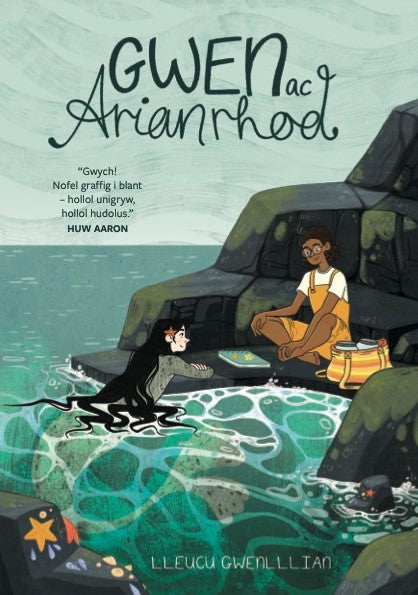
This store requires javascript to be enabled for some features to work correctly.
-

-

Un o blant y Windrush
View all details -

Diwedd y Gân
View all details -
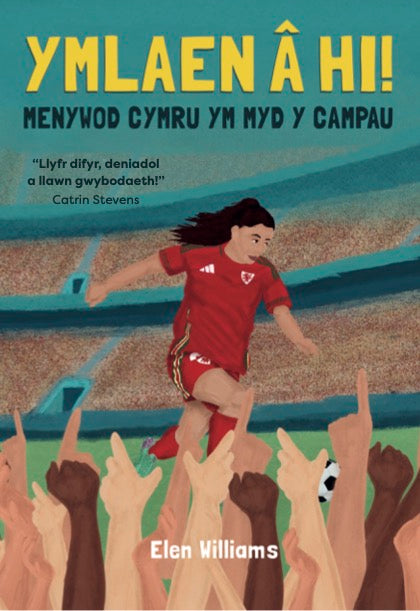
Ymlaen â hi! - Menywod Cymru ym Myd y Campau
View all details -
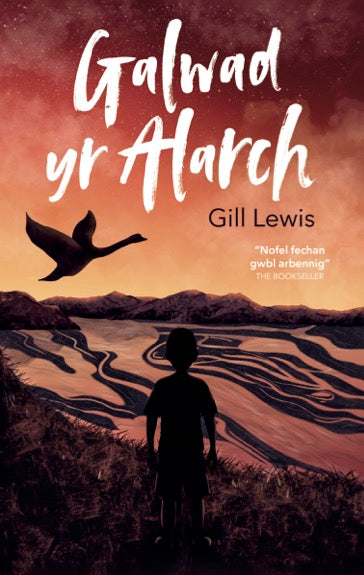
Galwad yr Alarch
View all details -
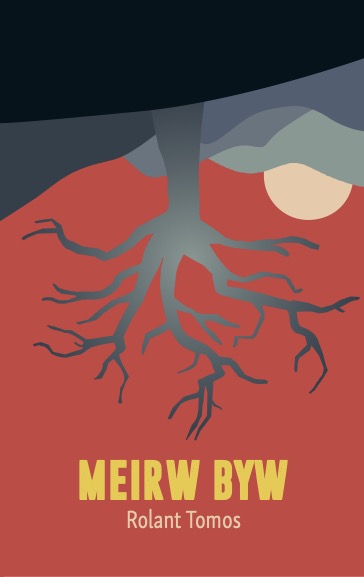
Meirw Byw
View all details -
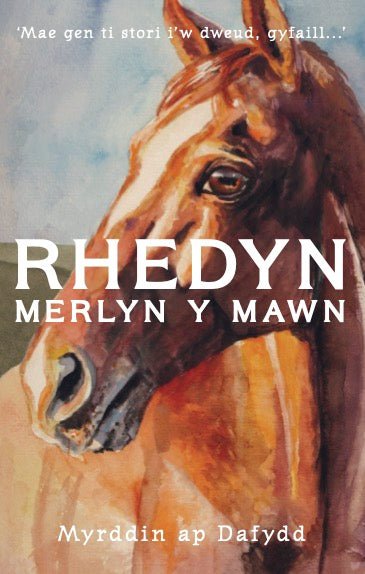
Rhedyn, Merlyn y Mawn
View all details -
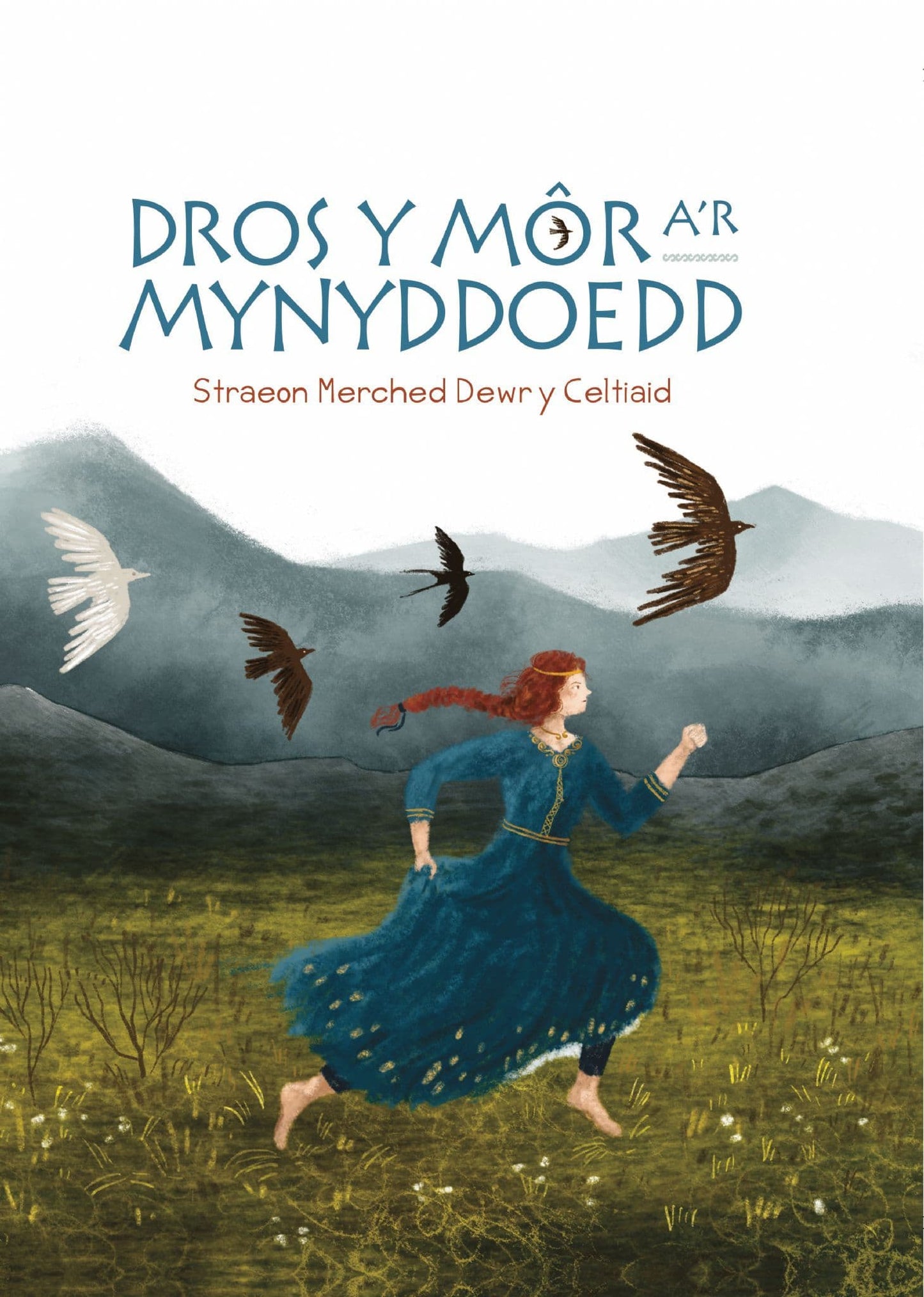
Dros y Môr a'r Mynyddoedd: Straeon Merched Dewr y Celtiaid
View all details -
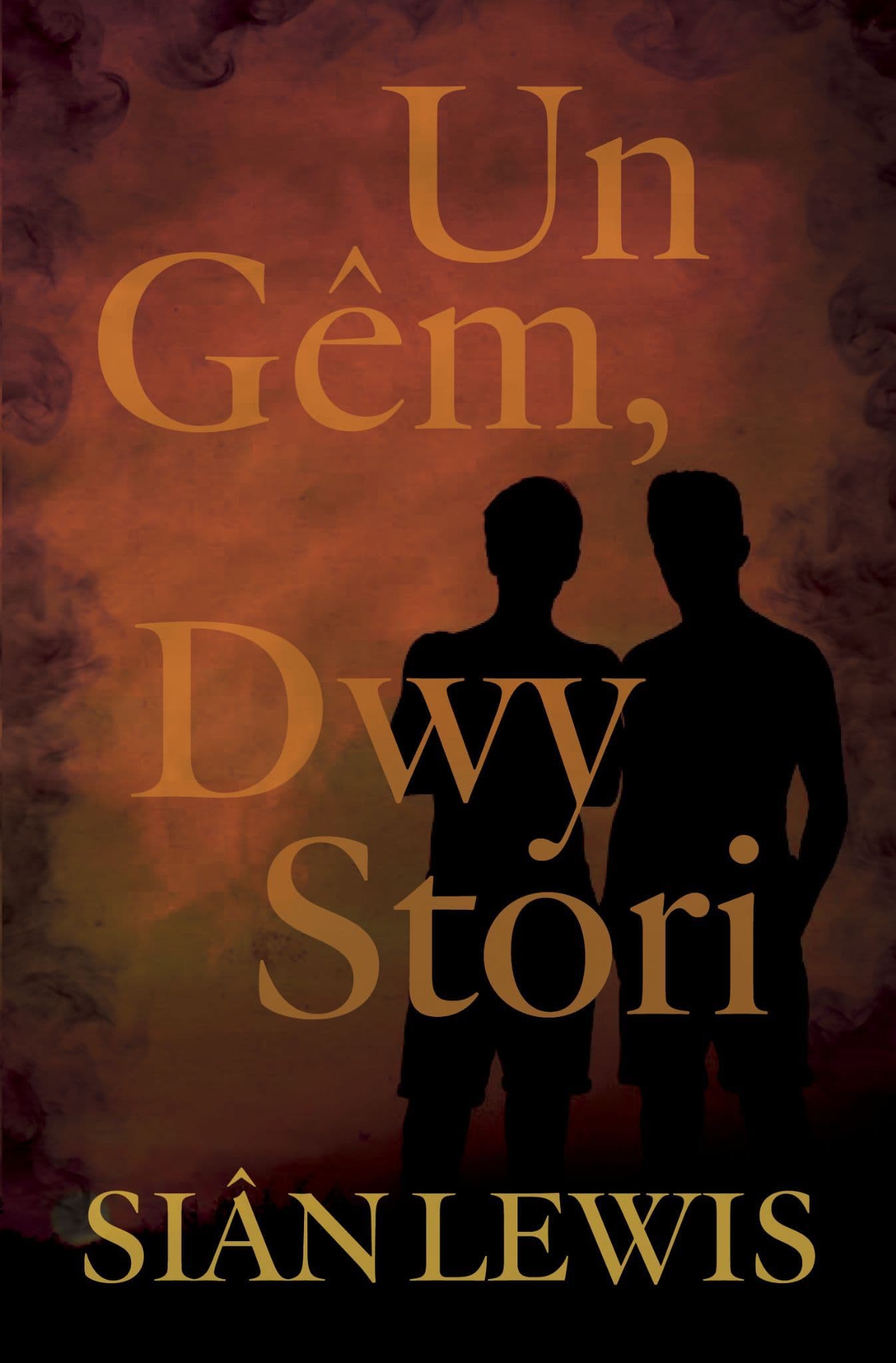
Un Gêm, Dwy Stori
View all details -

Ffoi Rhag y Ffasgwyr
View all details -
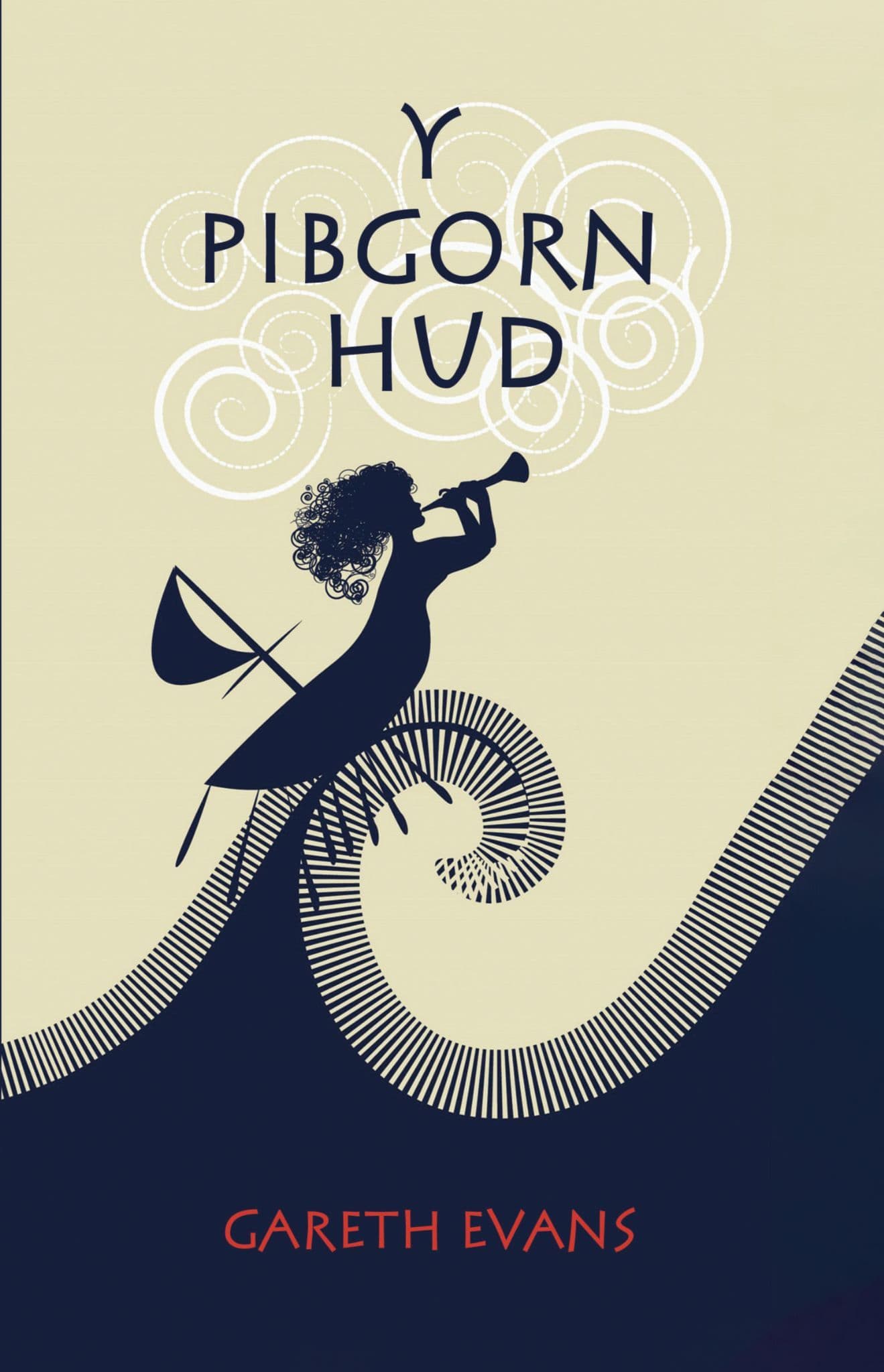
Pibgorn Hud, Y
View all details -
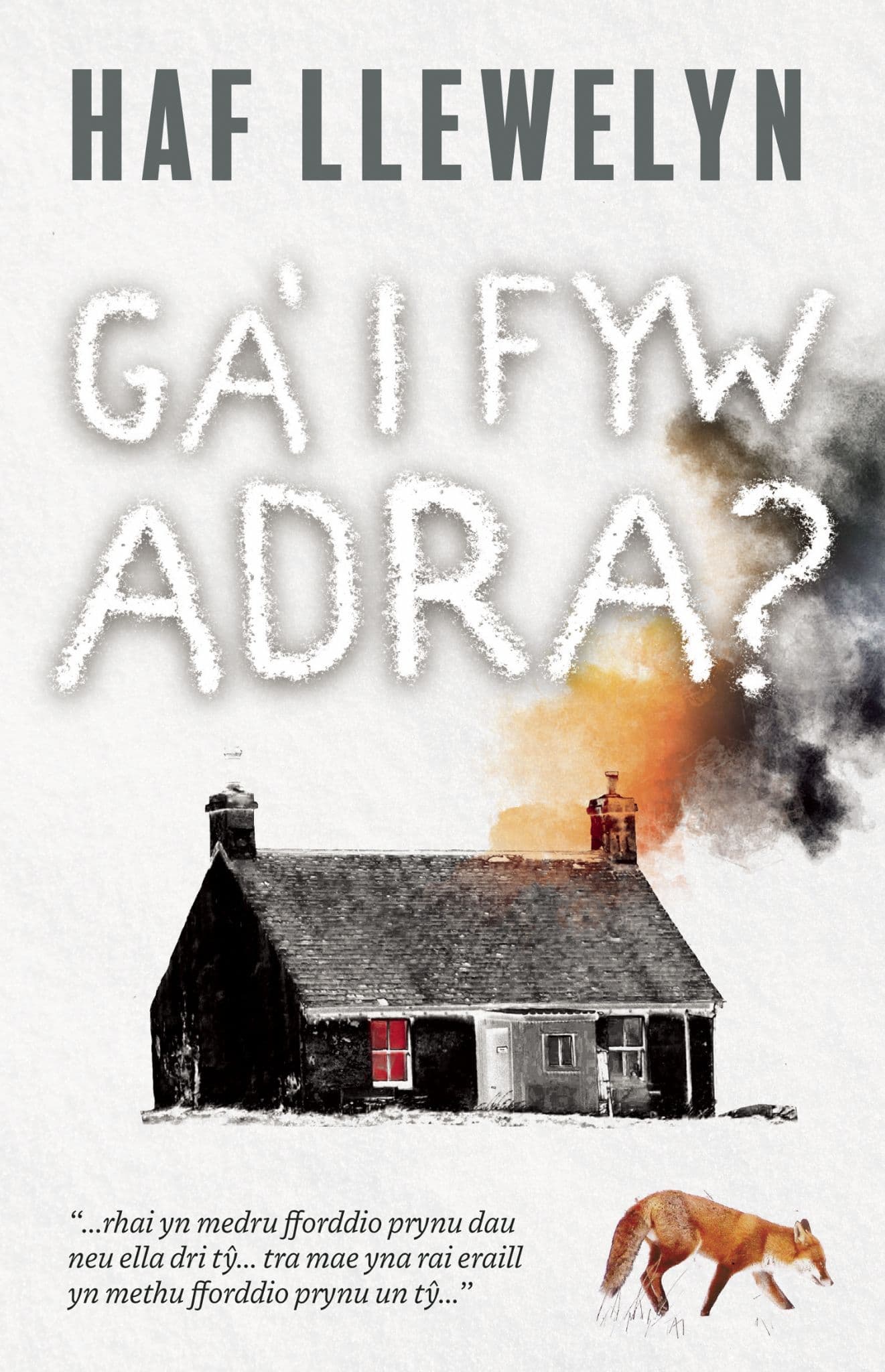
Ga' i Fyw Adra?
View all details -
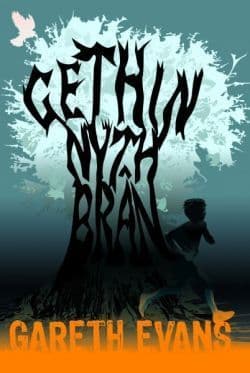
Gethin Nyth Bran
View all details -
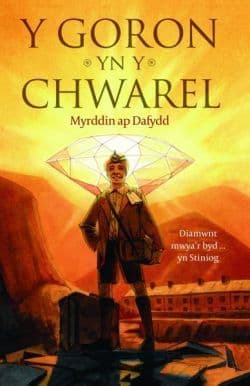
Goron yn y Chwarel, Y
View all details -
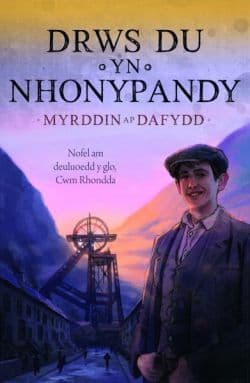
Drws Du yn Nhonypandy
View all details -
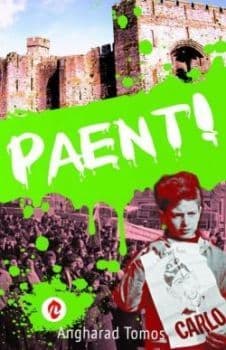
Paent!
View all details -
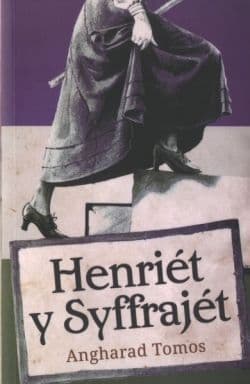
Henriét y Syffrajét
View all details -
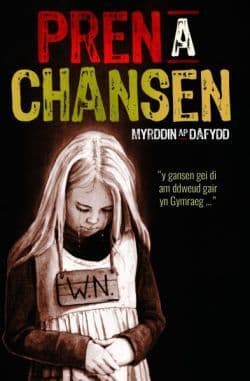
Pren a Chansen
View all details -
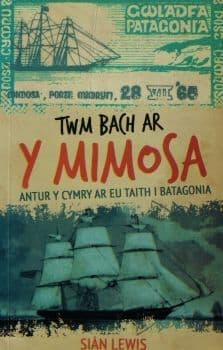
Twm Bach ar y Mimosa
View all details -
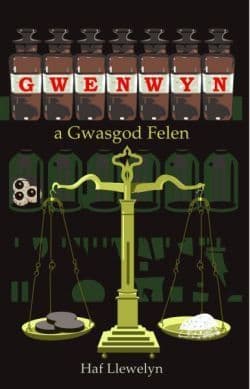
Gwenwyn... a Gwasgod Felen
View all details -

Dilyn Caradog
View all details -
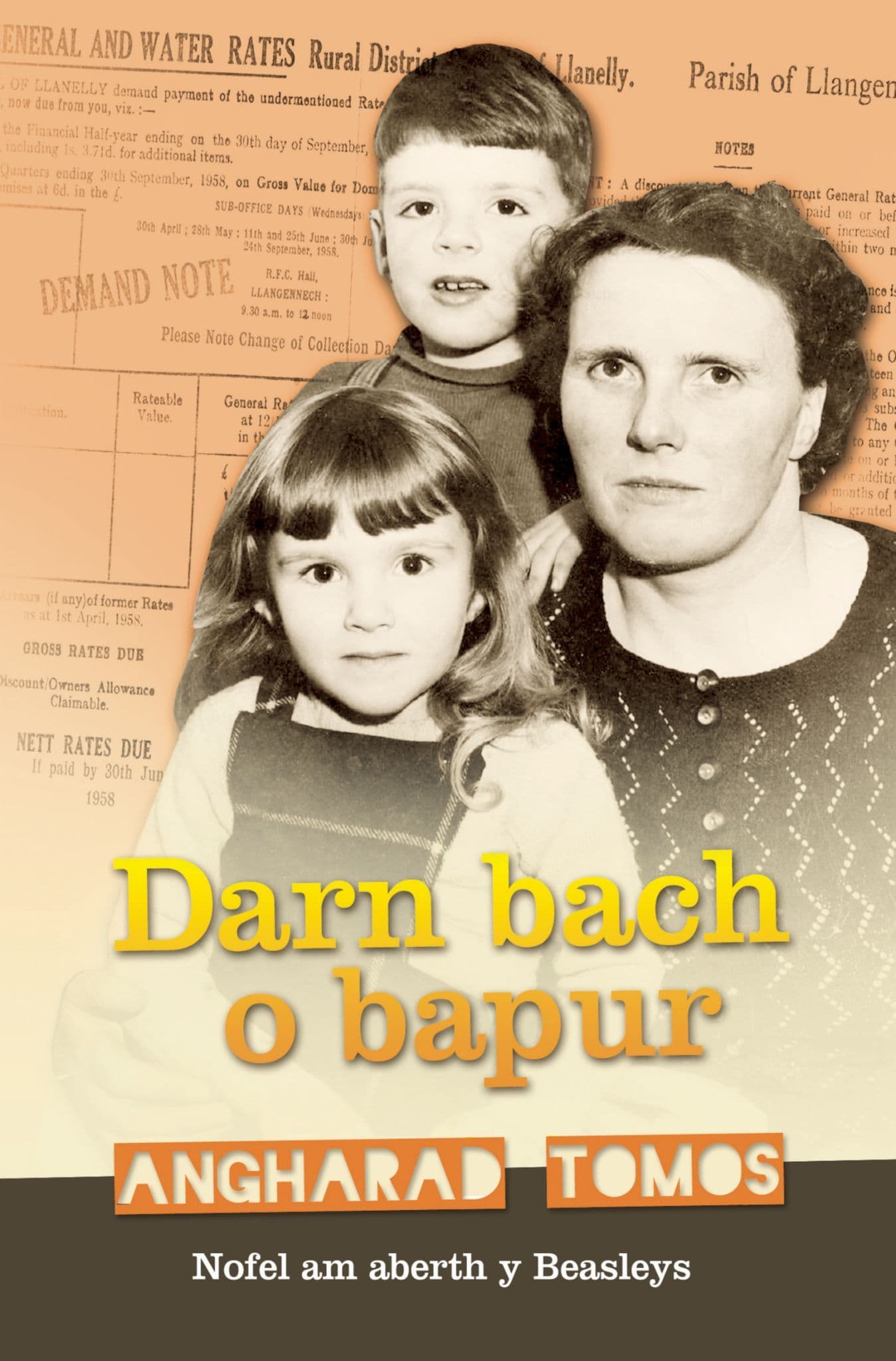
Darn Bach o Bapur
View all details -

Ci a'r Brenin Hywel, Y
View all details -
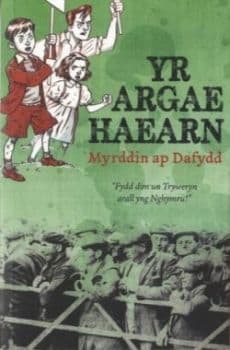
Argae Haearn, Yr
View all details -
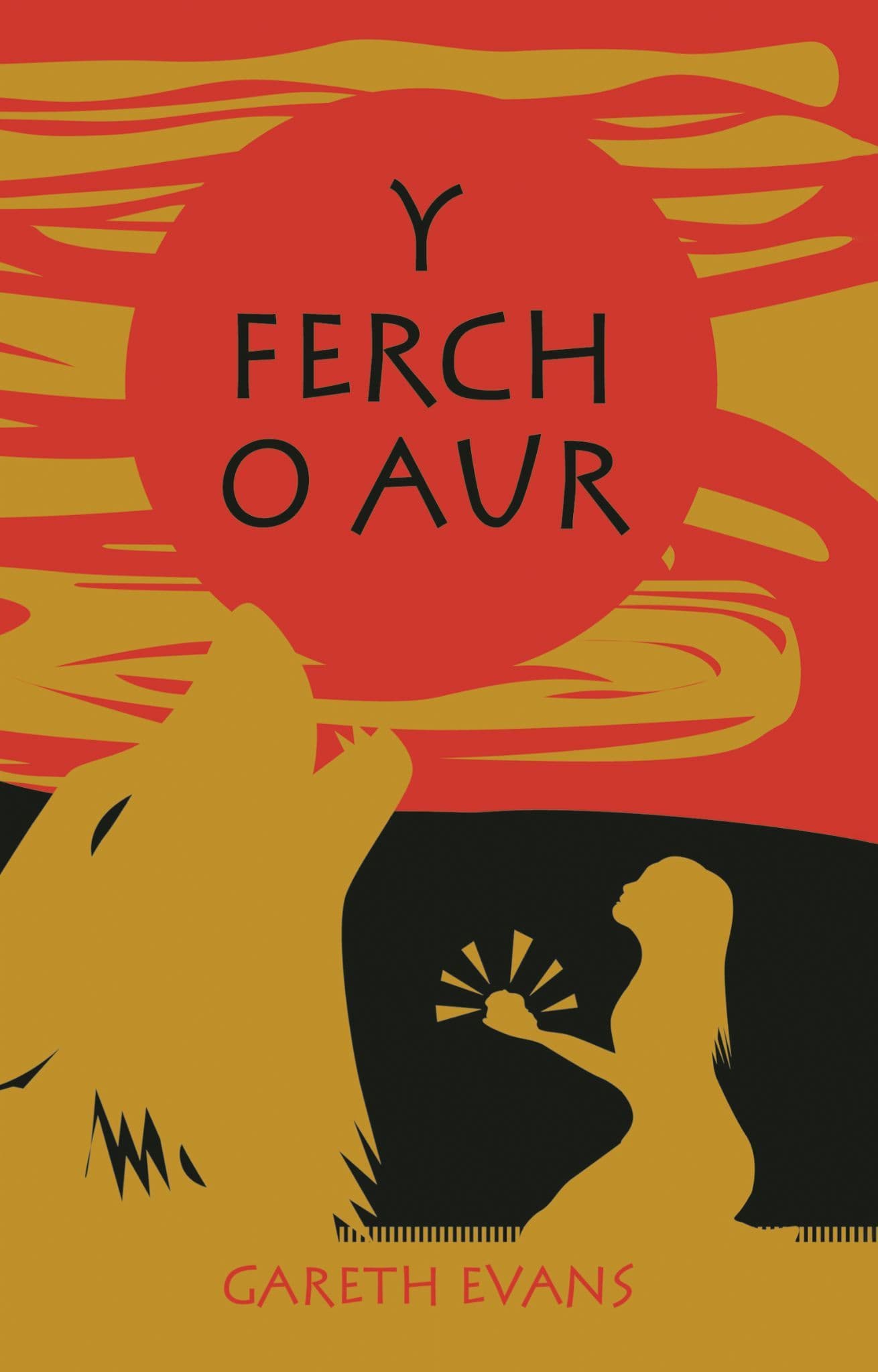
Ferch o Aur, Y
View all details -
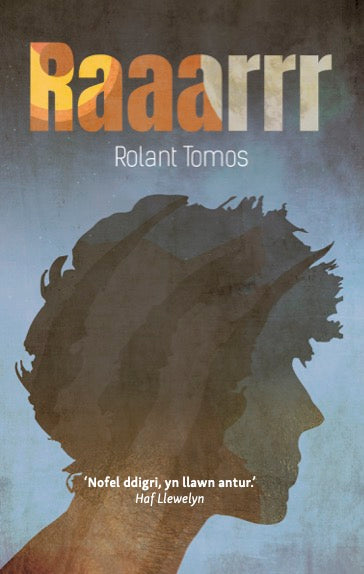
Raaarrr
View all details -
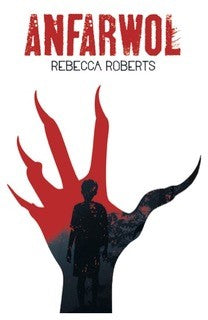
Anfarwol
View all details -
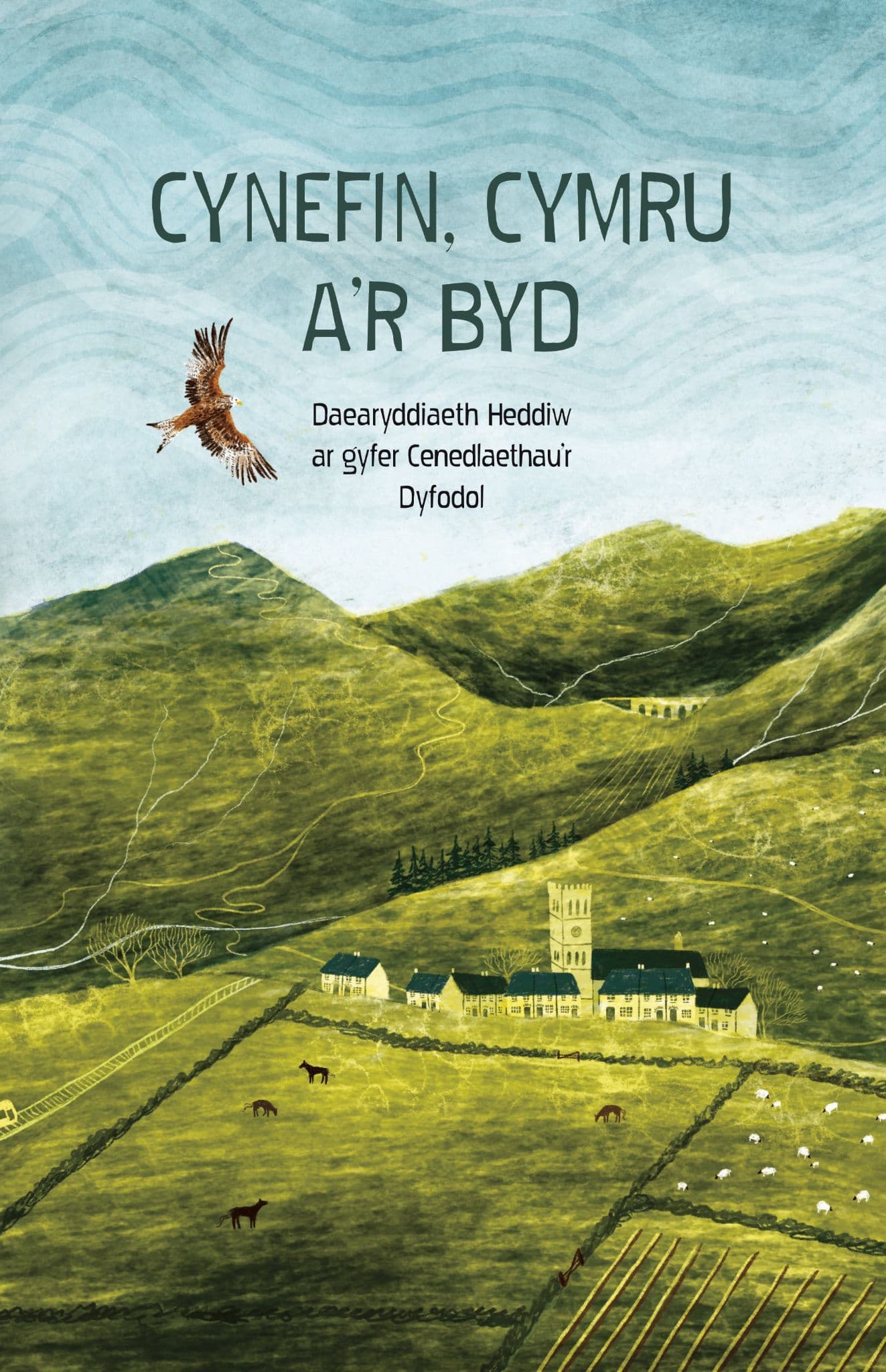
Cynefin, Cymru a'r Byd
View all details



























